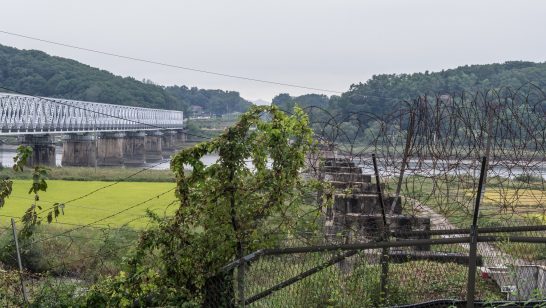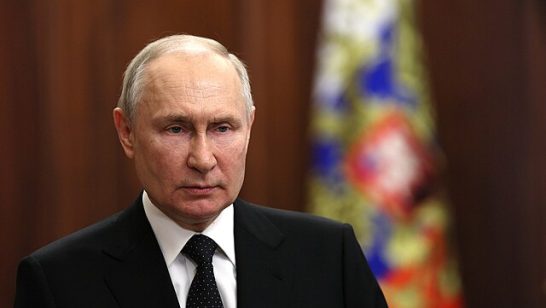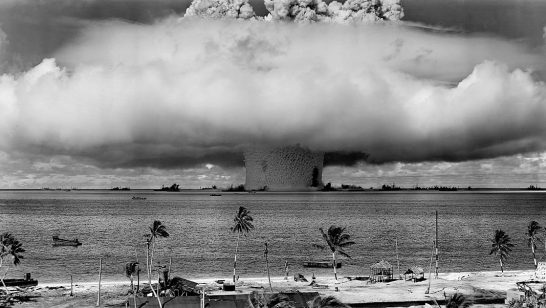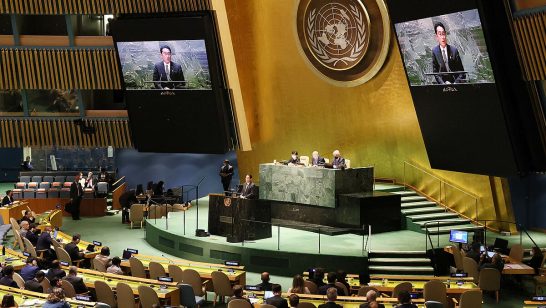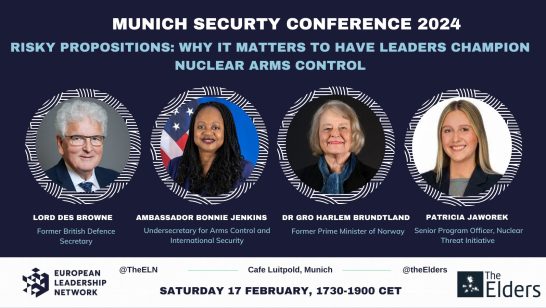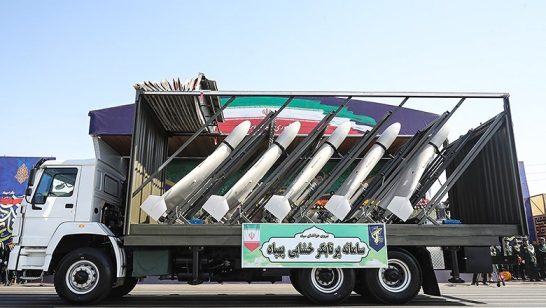
Out of the shadow war? Iranian narratives of the confrontation with Israel
Following Iran’s direct attack on Israel on 13th April, Hemidreaza Azizi examines both the official and unofficial discourse in Iran in recent days. He writes that most political experts and analysts in Iran seem to agree that Iran’s goal has been to restore deterrence and not to enter into war. However, concerns about the outbreak of an unintended war and its destructive consequences appear to be more pronounced among experts than among official figures.


